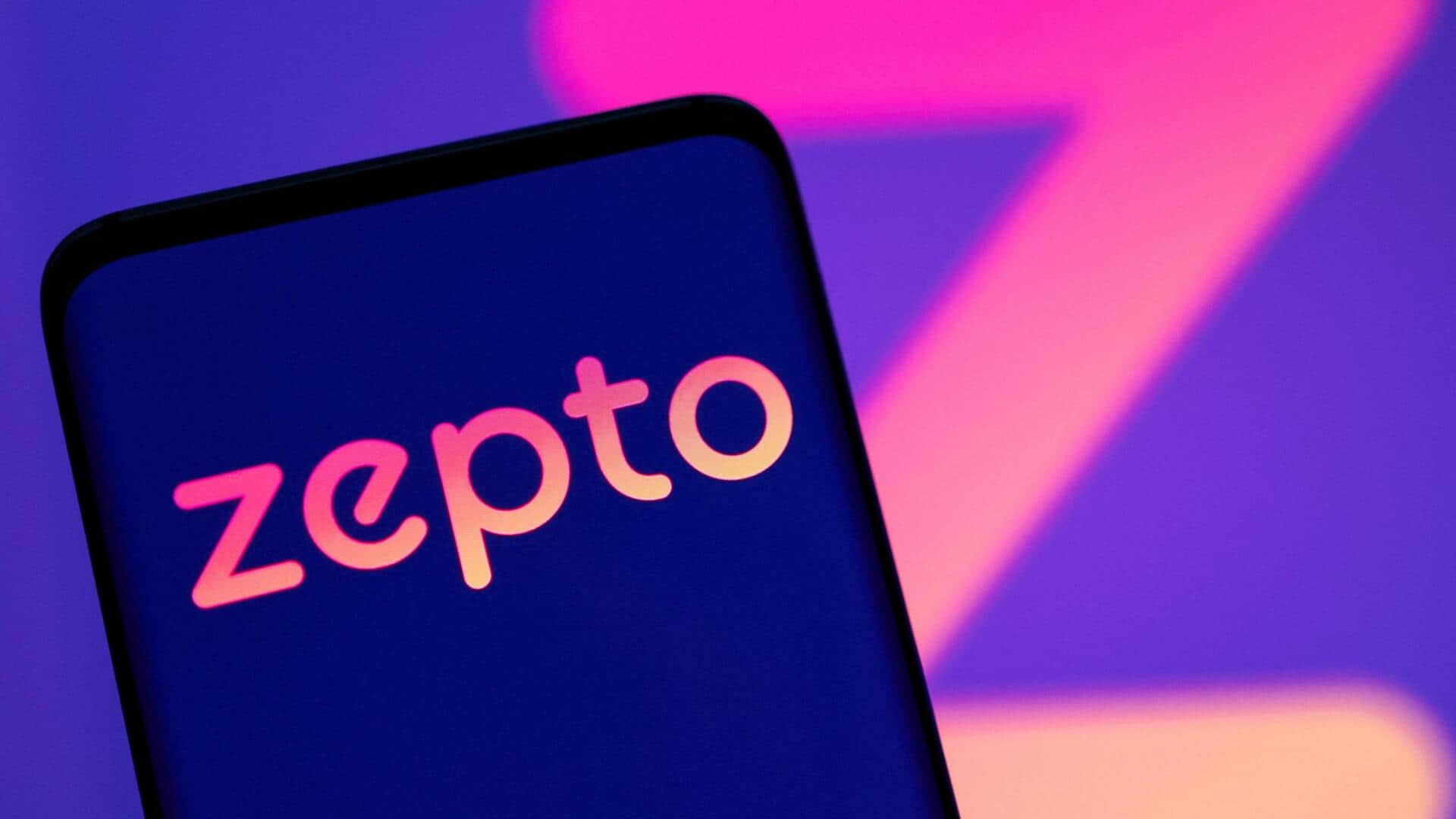
Zepto drops all fees, offering free delivery above ₹99 orders
What's the story
Quick commerce platform Zepto has waived off all handling and surge fees, and slashed the minimum order value for free delivery to ₹99. The move comes just weeks after the company raised a whopping $450 million in a funding round. Under its new 'All new Zepto experience,' the firm is promoting zero handling fee, zero rain and surge charge, as well as zero delivery fee on orders over ₹99.
Fee changes
Positions itself as most affordable quick commerce platform
Previously, Zepto charged a handling fee for "handling of products in your orders at our stores." Now, the company has positioned itself as the most affordable quick commerce platform in the market. This move puts direct pressure on its main competitors, like Blinkit and Instamar,t who still charge different service fees.
Market competition
Blinkit and Instamart's service fees
Zepto's competitors, Blinkit and Instamart, continue to charge different service fees. Blinkit charges an ₹11 handling fee and a ₹30 delivery fee on orders below ₹199. Instamart, on the other hand, levies a ₹9.8 handling fee and a ₹30 delivery charge for orders below ₹199. Both platforms also impose additional charges like rain and surge fees.
Funding effects
Funding expected to fuel price wars in quick commerce sector
The market shift was expected after Zepto's recent funding, which industry experts predicted would heighten competition and promote discounting across the sector. Media reports from October 18 indicated that the funding would increase cash burn as platforms focus on expansion and price competition. Experts expect discounting to continue and possibly intensify in the coming months.
Strategy shift
Quick commerce platforms had added fees earlier this year
Zepto's latest move is a stark contrast to the trend seen earlier this year. In June, industry reports revealed that quick commerce platforms had collectively added a slew of fees, platform, handling, convenience, and small-cart levies to customer orders. These charges, which usually ranged between ₹6 and ₹30 per order, were meant to improve unit economics and boost profits from each transaction.